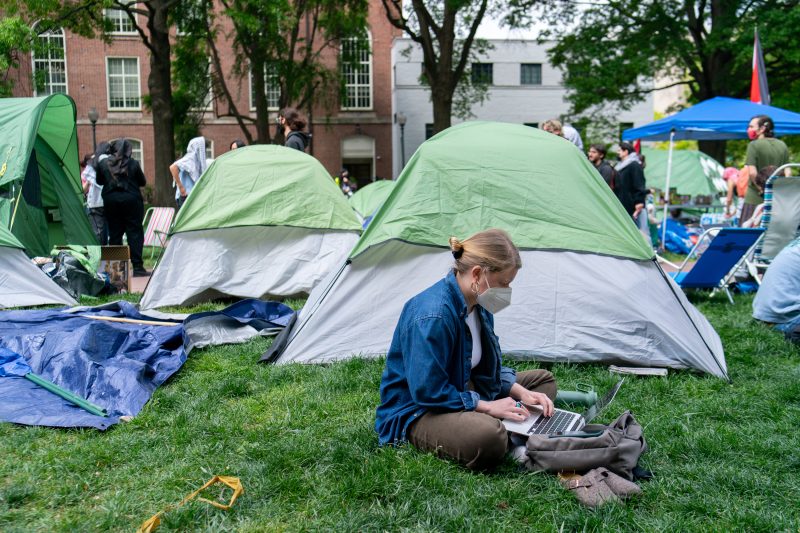In every generation, there exists a prevalent idea that older and younger individuals are fundamentally divided by contrasting beliefs and attitudes. This notion of generational conflict has persisted throughout history, manifesting in various forms of social, cultural, and political discord. However, a closer examination reveals that this perceived divide between older and younger people may not be as pronounced as commonly believed.
One of the key factors contributing to this generational divide is the rapid pace of societal change. As each new generation comes of age in a world vastly different from that of their predecessors, clashes in values and perspectives inevitably arise. Younger individuals often embrace progressive ideas and seek to challenge established norms, while older generations may hold steadfast to traditional beliefs and values. This clash of ideologies can create tension and misunderstanding between the two groups.
Another factor that fuels the generational divide is the transformative impact of technology. With each passing decade, technological advancements reshape the way people communicate, work, and interact with the world around them. This rapid evolution can leave older individuals feeling out of touch and struggling to keep pace with the changing landscape, leading to a sense of disconnect between generations.
Moreover, economic disparities between older and younger individuals can exacerbate existing tensions. As economic conditions fluctuate and societal structures evolve, opportunities for financial stability and success may differ significantly between generations. This disparity can breed resentment and envy, further widening the gap between older and younger individuals.
Despite these challenges, it is essential to recognize that intergenerational conflict is not inevitable. Building bridges between older and younger individuals requires empathy, understanding, and a willingness to engage in open dialogue. By fostering mutual respect and appreciation for each other’s perspectives, people of all ages can work together to bridge the generational gap and create a more harmonious society.
In conclusion, while conflicts between older and younger individuals have been a recurring theme throughout history, the divide between generations is not insurmountable. By acknowledging the factors that contribute to generational conflict and actively seeking common ground, individuals of all ages can work towards greater understanding and cooperation. Embracing diversity of thought and experience can lead to a more inclusive and united society, where people of all ages can come together to shape a better future for generations to come.
